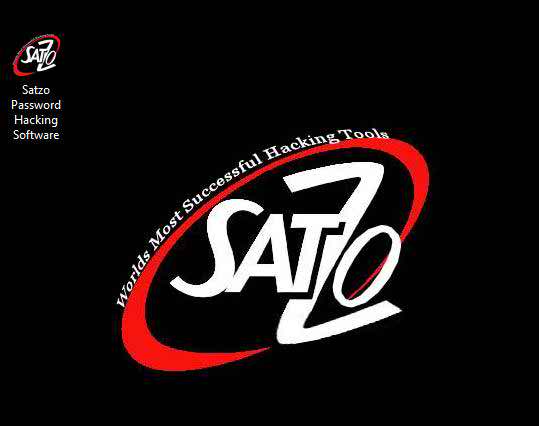Yahoo Free Hacking Software

This advanced program will help you to hack facebook password of any account. All you need to know is their email address and you'll be able. How to hack a Facebook account free 2011. Today I will tell you how to hack a Facebook account for free. It's totally online Facebook hacking service, you just need to go to the. They claim Gmail/Yahoo/Htotmail has a MD5 password: it's bullshit too. These webmails DO NOT USE MD5 for password hashing. They use more complex systems. As for (fake) Gmail/Yahoo/Hotmail Password cracker 'software', any company or website that claims to hack password using software usually show a (fake).
• • • • • • • • • • $1.31 billion Employees 8,500 (2016) Independent (1994–2017) (2017–present) 'Do you Yahoo?' Website rank (Global, November 2017 ) Native Registration Optional Current status Active Yahoo! Is a web services provider that is wholly owned by through and headquartered in. The original Yahoo! Company was founded by and in January 1994 and was incorporated on March 2, 1995. Yahoo was one of the pioneers of the early Internet era in the 1990s., a former executive, served as CEO and President of Yahoo until June 2017.
It was globally known for its,, and related services, including,,,,,,,,, fantasy sports, and its social media website. At its height it was one of the most popular sites in the United States. According to third-party web analytics providers, and, Yahoo! Was the highest-read news and media website, with over 7 billion views per month, being the sixth most visited website globally in 2016. According to news sources, roughly 700 million people visited Yahoo websites every month. Yahoo itself claimed it attracted 'more than half a billion consumers every month in more than 30 languages'.
Once the most popular website in the U.S., Yahoo slowly declined, starting in the late 2000s, and in 2017 acquired most of Yahoo's Internet business for $4.48 billion, excluding its stakes in and, which were transferred to Yahoo's successor company. Jerry Yang and David Filo, the founders of Yahoo In January 1994, Yang and Filo were electrical engineering graduate students at, when they created a website named 'Jerry and David's guide to the World Wide Web'.
The site was a directory of other websites, organized in a hierarchy, as opposed to a searchable index of pages. In March 1994, 'Jerry and David's Guide to the World Wide Web' was renamed 'Yahoo!'
, the human-edited, provided for users to surf through the Internet, being their first product and original purpose. The 'yahoo. Drivers Para Tablet Woo. com' domain was created on January 18, 1995. The word 'yahoo' is a for 'Yet Another Hierarchically Organized Oracle' or ' Hierarchical Officious Oracle'. The term 'hierarchical' described how the Yahoo database was arranged in layers of subcategories.
The term 'oracle' was intended to mean 'source of truth and wisdom', and the term 'officious', rather than being related to the word's normal meaning, described the many office workers who would use the Yahoo database while surfing from work. However, Filo and Yang insist they mainly selected the name because they liked the slang definition of a 'yahoo' (used by college students in David Filo's native Louisiana in the late 1980s and early 1990s to refer to an unsophisticated, rural Southerner): 'rude, unsophisticated, uncouth.'
This meaning derives from the race of fictional beings from. Expansion Yahoo grew rapidly throughout the 1990s. Like many search engines and web directories, Yahoo added a web portal. By 1998, Yahoo was the most popular starting point for web users and the human-edited Yahoo Directory the most popular search engine. It also made many high-profile acquisitions.
Its stock price skyrocketed during the, Yahoo stocks closing at an all-time high of $118.75 a share on January 3, 2000. However, after the dot-com bubble, it reached a post-bubble low of $8.11 on September 26, 2001. Yahoo headquarters in 2001 Yahoo began using Google for search in 2000. Over the next four years, it developed its own search technologies, which it began using in 2004. In response to Google's Gmail, Yahoo began to offer unlimited email storage in 2007.